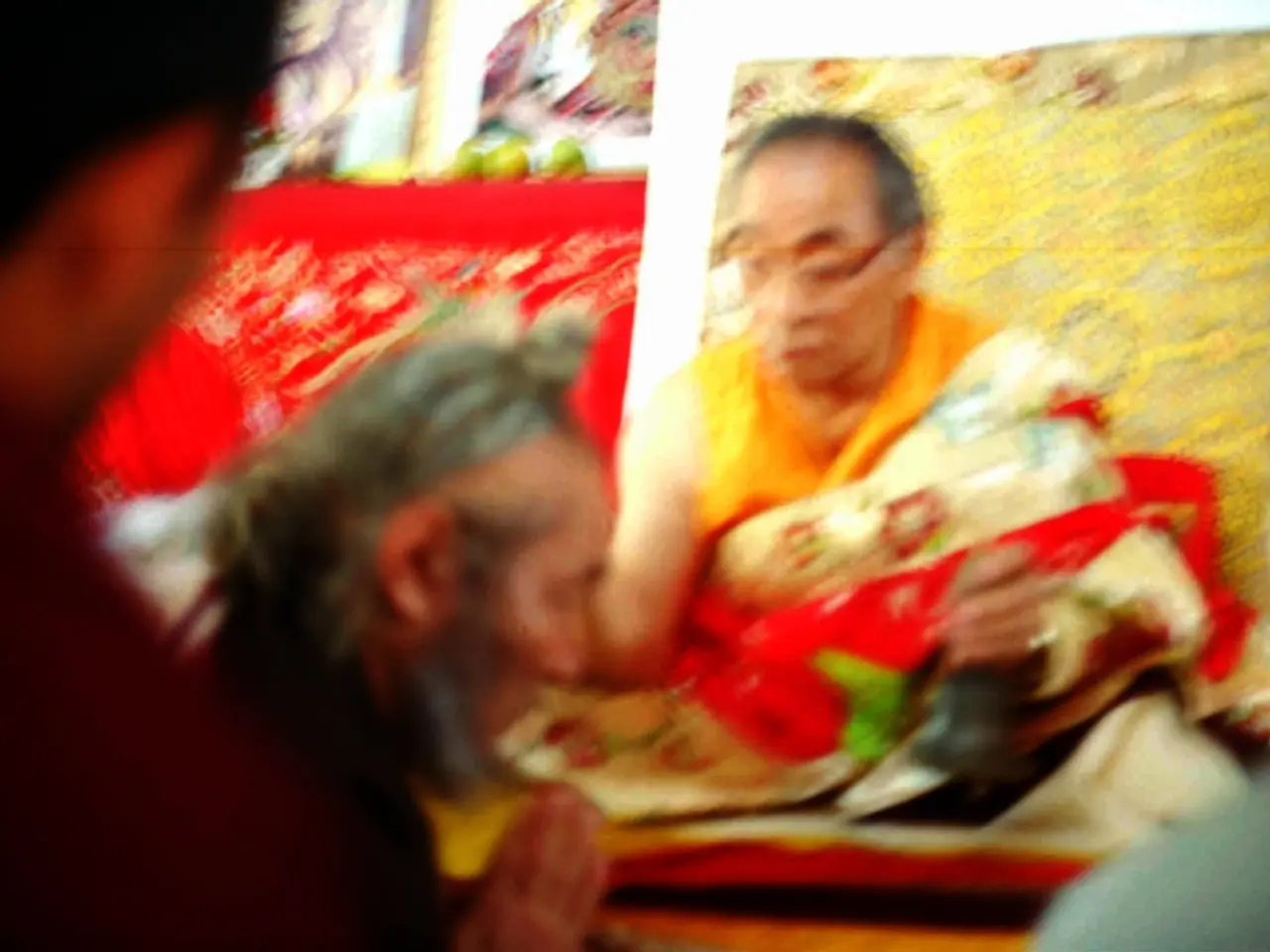Life Philosophies from Baha'i for Moving Beyond Contentious Political Discourse
In an increasingly interconnected world, the need for unity and cooperation among humanity becomes more apparent. We share one common planetary homeland and a single biosphere, and our global interdependence is intensifying. This interconnectedness necessitates a shift in our collective consciousness, a shift that the Bahá'í Faith has been advocating for since its inception.
Baha'u'llah, the prophet and founder of the Baha'i Faith, warned about the persistence of waywardness, injustice, chaos, and confusion in society. However, he also emphasized the human race's capacity for cooperation, reciprocity, and mutual service. This duality is reflected in the six unity-building principles that the Bahá'í Faith promotes.
1. The Oneness of Humanity: This principle underscores the idea that all people are part of one human family. It encourages unity without uniformity, recognising the diversity of human experience while promoting a sense of shared identity and purpose.
2. The Unity of Religions: Bahá'ís believe that all major religions have a common spiritual foundation and that their founders are part of a progressive revelation from God. This understanding encourages interfaith dialogue and cooperation.
3. Elimination of Prejudice: Bahá'í teachings advocate for the abandonment of all forms of prejudice, including racial, gender, and religious biases, to create a more inclusive and equitable society.
4. The Principle of Organic Growth: This concept suggests that social and economic development should occur gradually, allowing for flexible and adaptive responses to changing societal needs.
5. World Solidarity and Interconnectedness: This principle encourages international cooperation and recognises the interconnectedness of global challenges and solutions. It promotes collaborative efforts to address common issues and build a global community.
6. The Importance of Education and Knowledge: Bahá'í teachings emphasise the importance of education as a means to empower individuals and communities. This includes not only academic knowledge but also the acquisition of skills and values necessary for personal and societal transformation.
These principles offer a framework for fostering unity and promoting community transformation by embracing diversity and encouraging collaborative action. The development of spiritual qualities like love, justice, trustworthiness, patience, and gratitude is crucial for social progress.
As we advance through a time of global interdependence never before seen, we now have the choice to learn to accept responsibility for the welfare of the entire human family. Pollution and war in one part of the world can cause ripples that affect every other part, whether by contaminating a shared water source or displacing millions of people across borders.
Social change demands universal participation, empowering each person to see themselves as an agent of change within their local community. The solutions to complex problems require authentic bonds of trust, conquest of prejudices, and true collaboration. We need to replace outdated modes of thought and behaviour with a worldview that recognises the oneness of humanity.
Lastly, it is essential that the voices of those who have been historically marginalised are brought to the centre in community development and governance. By doing so, we can create a world that truly reflects the unity and diversity of our shared human experience.
- Embracing the idea of oneness of humanity, we should strive to cultivate unity without losing the beauty of individual diversity, fostering a sense of shared identity and purpose amidst our diverse lifestyles, relationships, and even our shared interests in fashion-and-beauty, food-and-drink, pets, travel, cars, and shopping.
- With the understanding that all major religions have a common spiritual foundation, let's encourage more interfaith dialogue and cooperation to foster a harmonious atmosphere that transcends the boundaries of our beliefs.
- In line with the elimination of prejudice advocated by the Bahá'í Faith, let's endeavor to create a more inclusive society where we discard racial, gender, and religious biases, fostering equitable relationships that uplift all members of humanity.
- In our pursuit of global interconnectedness, we should promote collaborative efforts in solving common challenges like pollution, war, and displacement that ripple across borders and affect our shared planetary homeland.
- Let's remember that social change demands universal participation, and each of us plays a vital role in fostering genuine bonds of trust and collaboration within our local communities for a better world.
- Lastly, it's crucial to empower the historically marginalized voices in community development and governance, ensuring that the diverse human experience is truly reflected in our collective efforts towards unity and progress.




